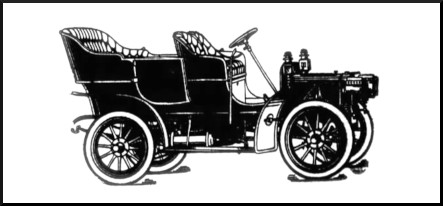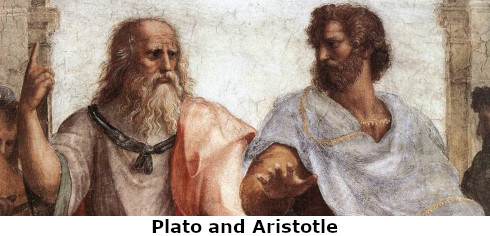Arthur Eddington? J. B. S. Haldane? Werner Heisenberg? Arthur C. Clarke? Stanley Kubrick? J. B. Priestly

Question for Quote Investigator: The physics of quantum mechanics, relativity theory, and string theory are mind-bending. Scientists have made remarkable strides in the twentieth and twenty-first centuries; yet, some believe that the progress will stop before the completion of an all-inclusive physical theory. The following adage suggests that the universe is beyond human comprehension. Here are five versions:
- Reality is not only stranger than we suppose, but stranger than we can suppose.
- Nature is not only odder than we think, but odder than we can think.
- The universe is not only stranger than we imagine; it is stranger than we can imagine.
- Not only is the universe stranger than we think, it is stranger than we can think.
- The universe is not only queerer than we suppose, but queerer than we can suppose.
Statements in this family have been credited to English astrophysicist Arthur Eddington, English biologist J. B. S. Haldane, and German theoretical physicist Werner Heisenberg. Would you please explore this topic?
Reply from Quote Investigator: The earliest match in this family of expressions known to QI was written by J. B. S. Haldane in an essay titled “Possible Worlds” published within a 1927 collection. Emphasis added to excerpts by QI:1
Now, my own suspicion is that the universe is not only queerer than we suppose, but queerer than we can suppose. I have read and heard many attempts at a systematic account of it, from materialism and theosophy to the Christian system or that of Kant, and I have always felt that they were much too simple. I suspect that there are more things in heaven and earth than are dreamed of, or can be dreamed of, in any philosophy.
During the ensuing decades the phrasing and vocabulary of the statement have been altered to yield many variants. In addition, the attribution has shifted. Based on current evidence the ascriptions to Arthur Eddington and Werner Heisenberg are unsupported.
Below are additional selected citations in chronological order.
Continue reading “Quote Origin: The Universe Is Not Only Queerer Than We Suppose, But Queerer Than We Can Suppose”







